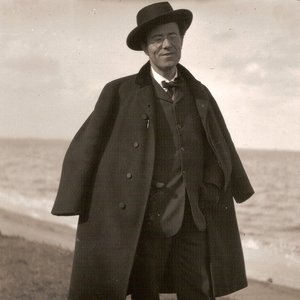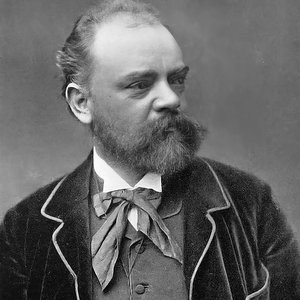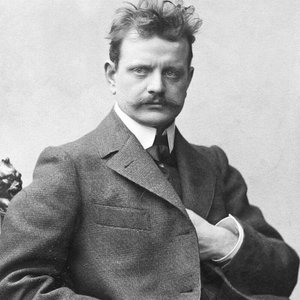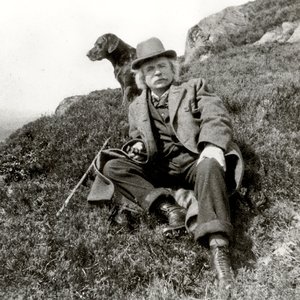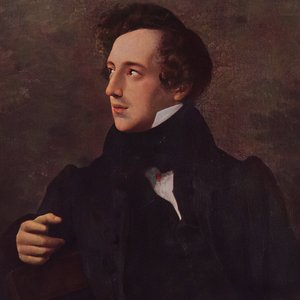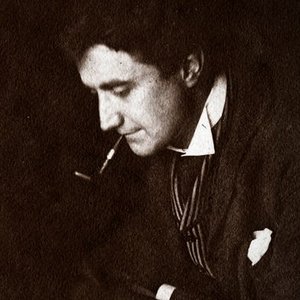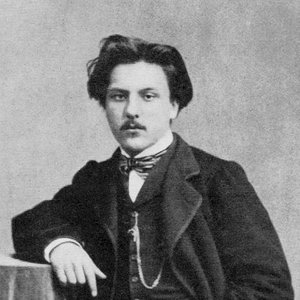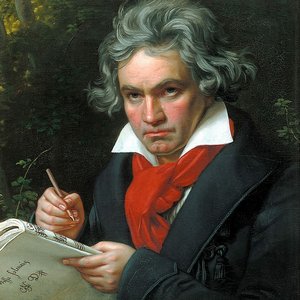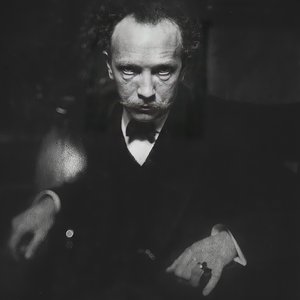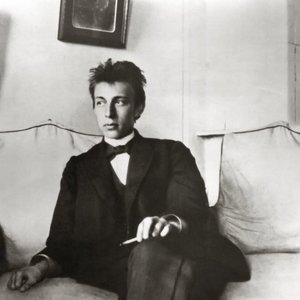Biography
Sir Edward William Elgar, 1st Baronet, (2 June 1857 – 23 February 1934) was an English composer whose works have become part of the classical concert repertoire in Britain and internationally. His notable compositions include orchestral pieces such as the "Enigma Variations," the "Pomp and Circumstance Marches," violin and cello concertos, and two symphonies. He also wrote choral works including "The Dream of Gerontius," as well as chamber music and songs. In 1924, he was appointed Master of the King’s Musick.
While Elgar is often considered a typically English composer, many of his musical influences originated from continental Europe. He perceived himself as an outsider both musically and socially. As a largely self-taught composer in a musical environment dominated by academics, and as a Roman Catholic in predominantly Protestant Britain, he experienced a degree of suspicion. Additionally, his humble social background contrasted with the class-conscious society of Victorian and Edwardian Britain. He married the daughter of a senior British Army officer, who provided inspiration both musically and socially. Elgar struggled to gain widespread success until his forties, when the "Enigma Variations" (1899) achieved immediate popularity in Britain and abroad. This was followed by the choral work "The Dream of Gerontius" (1900), based on a Roman Catholic text, which initially caused some concern in the Anglican establishment but later became a central work in British and international choral repertoire. His subsequent large-scale religious choral compositions were well received but did not maintain a regular presence in performance schedules.
In his fifties, Elgar composed a symphony and a violin concerto that were highly successful. His second symphony and cello concerto were initially less popular and took several years to become established in the concert repertoire of British orchestras. Later in his life, Elgar’s music was often regarded as appealing primarily to British audiences. His reputation declined somewhat after his death but began to recover in the 1960s, aided by new recordings. While some of his works have seen renewed international interest, they continue to be performed more frequently in Britain than elsewhere.
Elgar was among the first composers to recognise the importance of the gramophone. Between 1914 and 1925, he conducted acoustic recordings of his works. With the introduction of the moving-coil microphone in 1923, which improved sound quality, Elgar made new recordings of many of his major orchestral pieces and selections from "The Dream of Gerontius."
Artist descriptions on Last.fm are editable by everyone. Feel free to contribute!
All user-contributed text on this page is available under the Creative Commons Attribution-ShareAlike License; additional terms may apply.
